Protect product integrity and your brand with a complete portfolio of air filtration products for sensitive bottled beverage processing – for extended shelf life and a better consumer experience.
These days, consumers are demanding more bottled beverages. Health-conscious consumers are also demanding more organic drinks that promote good health. And the beverage industry, with good reason, is strictly regulated. Bottlers and brand owners must avoid the risks of potential contamination at production facilities to protect public health.
In aseptic processing and packaging, a sterile product is filled into sterilised containers followed by hermetical sealing with a sterilised closure, in an environment free from microorganisms. So whether you’re bottling water, fresh juices or energy drinks, you are dealing with a sensitive aseptic process along with a high-moisture environment.
All filling lines must maintain ISO class 5 with no viable presence of bacteria on the bottle during forming, conveying, filling and capping. The conveying line must be under HEPA filtration to protect the open product from any contaminants that may be present during the bottling process.
Outdoor air can carry 200 to 1,500 bacteria per cubic metre. So, an air-conditioning system with a capacity of 10,000 m3/hr can potentially take in 2 to 15 million bacteria every hour! This can seriously contaminate your beverage production.
When public health is at stake, national food health and safety agencies can recommend that the authorities enforce health policy measures. These can include the withdrawal and destruction of raw materials or products, or even a temporary shutdown of the negligent company’s production plant.
Whatever part of the world you’re in, Camfil can help you comply with beverage health and safety regulations. Our market-leading air cleaners comply with all current standards, and go above and beyond the unique requirements of our customers’ processes. They provide a superior environment around filling lines, contributing to more efficient operations.
Our ProSafe range of filters offers a complete solution to the global food and beverage industry for complying with food safety regulations, combating microbiological contamination and making processes safer.
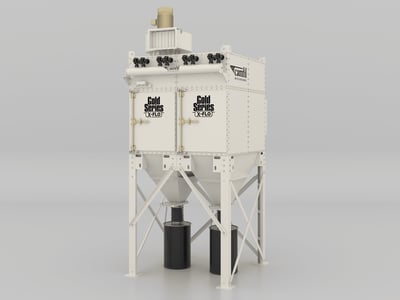
Dust collectors safely handle exhaust air from food processing and packaging applications, therefore improving the IAQ, preventing cross-contamination and reducing the nuisance dust in the workplace.
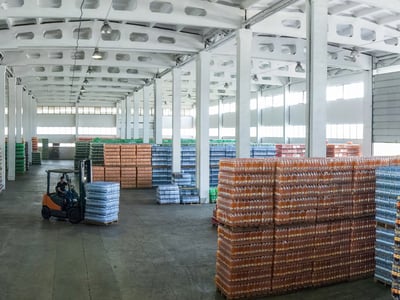
Low-care areas include areas where production and product handling do not occur. Camfil recommends products that adhere to EN 16798 to best protect the health of your building occupants. For office spaces, dispatch areas.
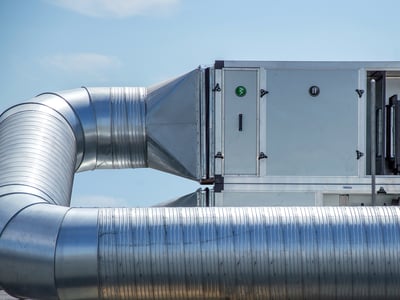
High air quality is crucial for product quality and safety in food and beverage production. The hygiene zones where the AHU operates should determine which AHU products you choose..
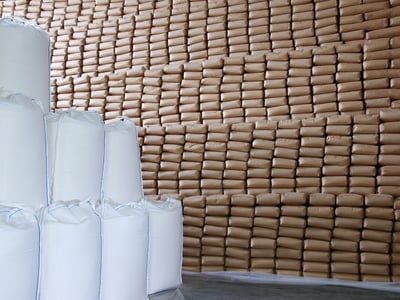
Medium-care areas, where raw material is stored, need to be kept clean to protect against product contamination. These areas include changing/gowning areas, packaging, warehousing, and plant entrances.
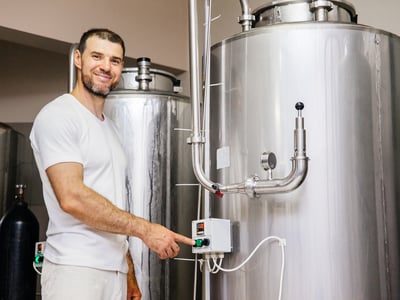
In high-care areas, you need to protect equipment or minimise contamination before products enter a high-hygiene area. Here, you need high airflow and positive pressure environments. For ready-to-consume production.
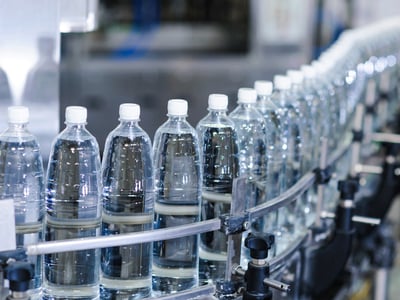
In high-hygiene areas, products requiring the highest hygiene levels undergo final processing and packaging. Here, you need the highest air quality to effectively eliminate all contamination hazards during aseptic filling.

CamCarb XG Engineered for energy and maintenance cost savings in molecular contamination control applications
Food and beverage Commercial and public buildings Electronics and optics
Did you know Camfil have a full range of retrofit filters that can be utilised in all the most common brands on the market. Camfil filters are not just designed to work but to optimise your dust extraction systems performance
Food and beverage Life science and healthcare Energy and Power Systems Manufacturing and machineryLearn more on how Camfil´s GoldLink Connect remote monitoring system helped a metalworking company to significantly reduce power consumption and compressed air consumption on their dust collectors.
Often the initial purchase price for air filters or dust collectors is just the tip of the iceberg. The true costs for energy, maintenance and disposal are lurking below the surface. To make the most economic decision in the long-run, a detailed calculation considering all the factors will help to reduce your overall expenditure.
This case study highlights the safe handling of combustible food dust with ATEX regulation compliance and increased savings.
Without HEPA filters, we would not be able to manufacture computers, medicine and many other products that are essential in today’s world. But what is the history of these High Efficiency Particulate Air filters and how and where are they used?
What are some of the challenges moving forward to achieve healthy and energy-efficient indoor air environments? And what are some of the new air filtration solutions that could potentially become a reality in the years to come?
Dust collection systems are an important part of any manufacturing process, so they need to be sized and designed properly. One critical design component is specifying the proper filtration media, which requires analysis of the dust in the process and all operating conditions.
HemiPleat is, in short, the uniquely, patented media pleating technology Camfil use to create highly efficient filter cartridges that outlast and outperform competitors alternatives.
A properly designed and installed dust collection system will effectively catch, convey and separate hazardous and nuisance dusts. Our new ePoster pinpoints key areas to watch and signs to look for that will help you avoid problems with your dust collection system and to keep up process availability in your production facility.
Not all people who purchase our products are experts in air filtration and they shouldn’t have to be either. The purpose of Camfil City is to give everyone a chance to learn the basics of what our clean air solutions can do for them.
Air is a vital ingredient in food and beverage production. Protecting your production process and final product has never been easier
The food and beverage industry is affected by unique air quality challenges that can risk the health and safety of workers, production equipment along with a potential for contamination. Let’s look at how high-efficiency air filters can provide an effective and affordable solution.
Some processes are more sensitive than others. If you work in the food and beverage or life science industries, you know how tough the demands on clean air are. To be sure you have the right filter, look for the ProSafe symbol.
GSX collectors are ideal for use in pharma, mining, food and chemical processing industries. They also provide a safer work environment in metalworking applications like welding and cutting.